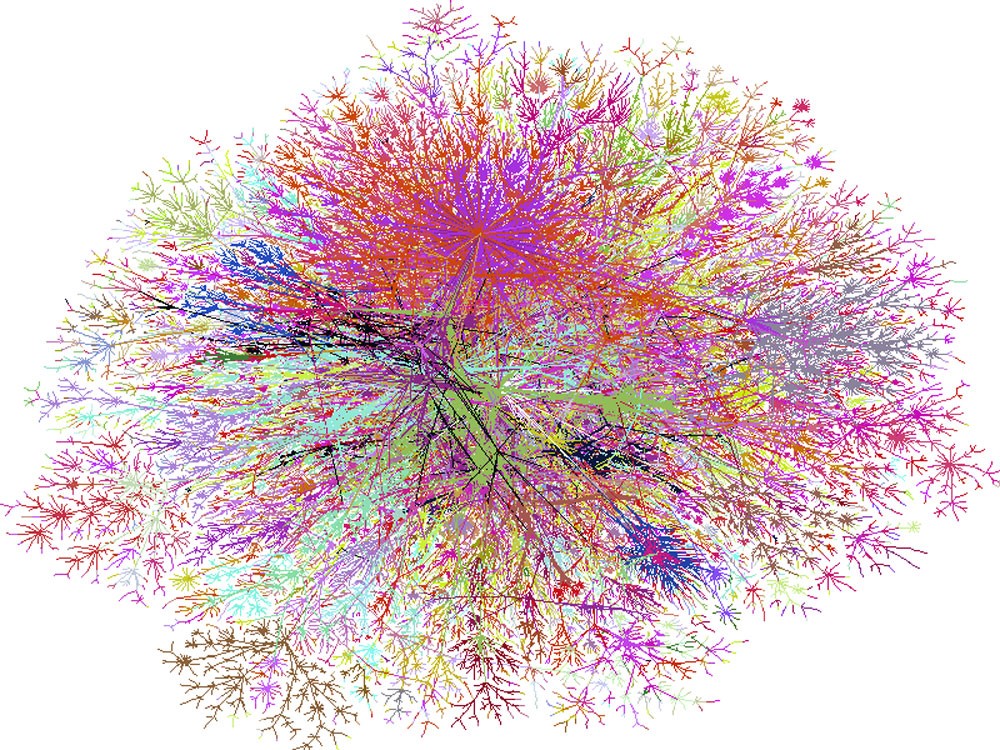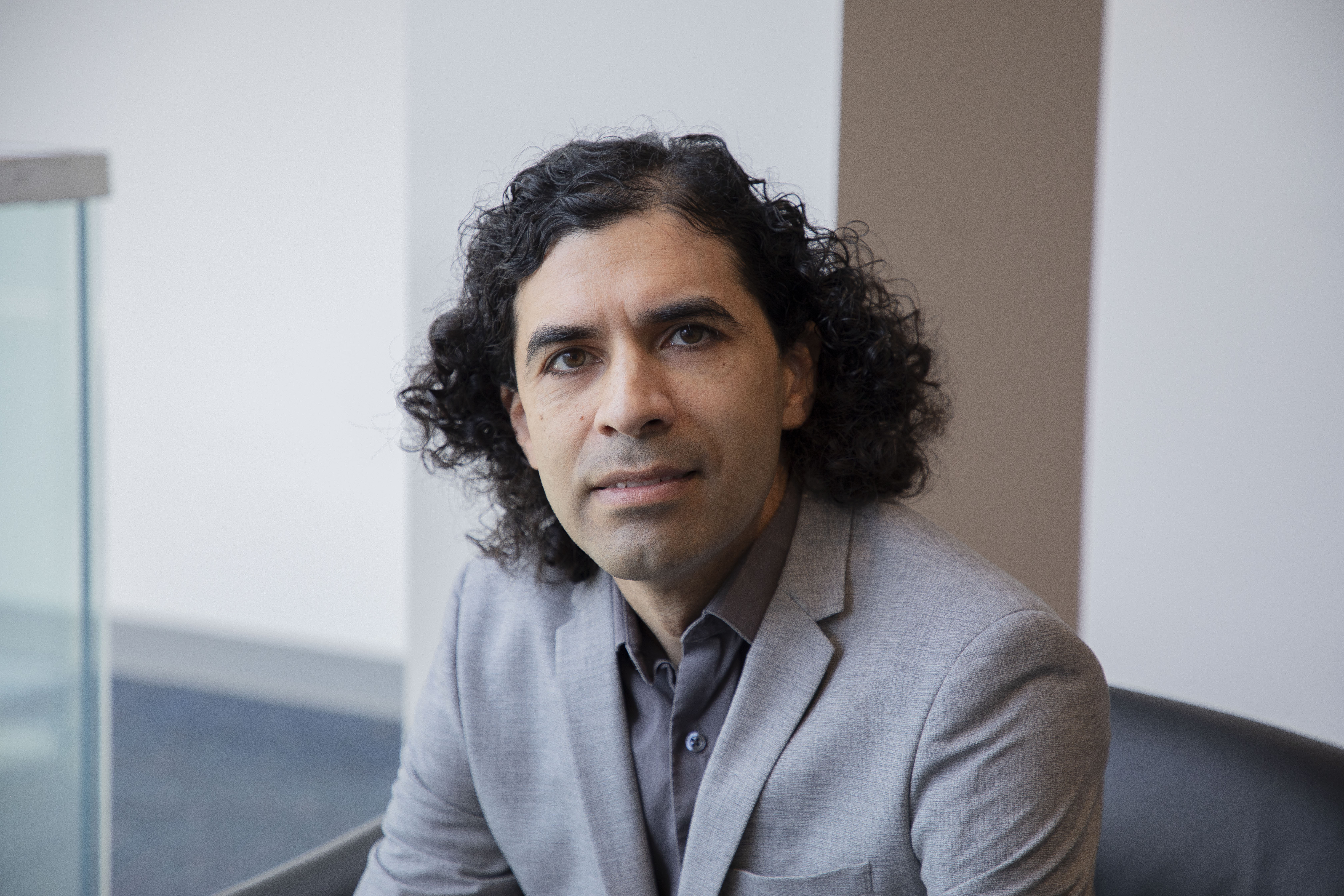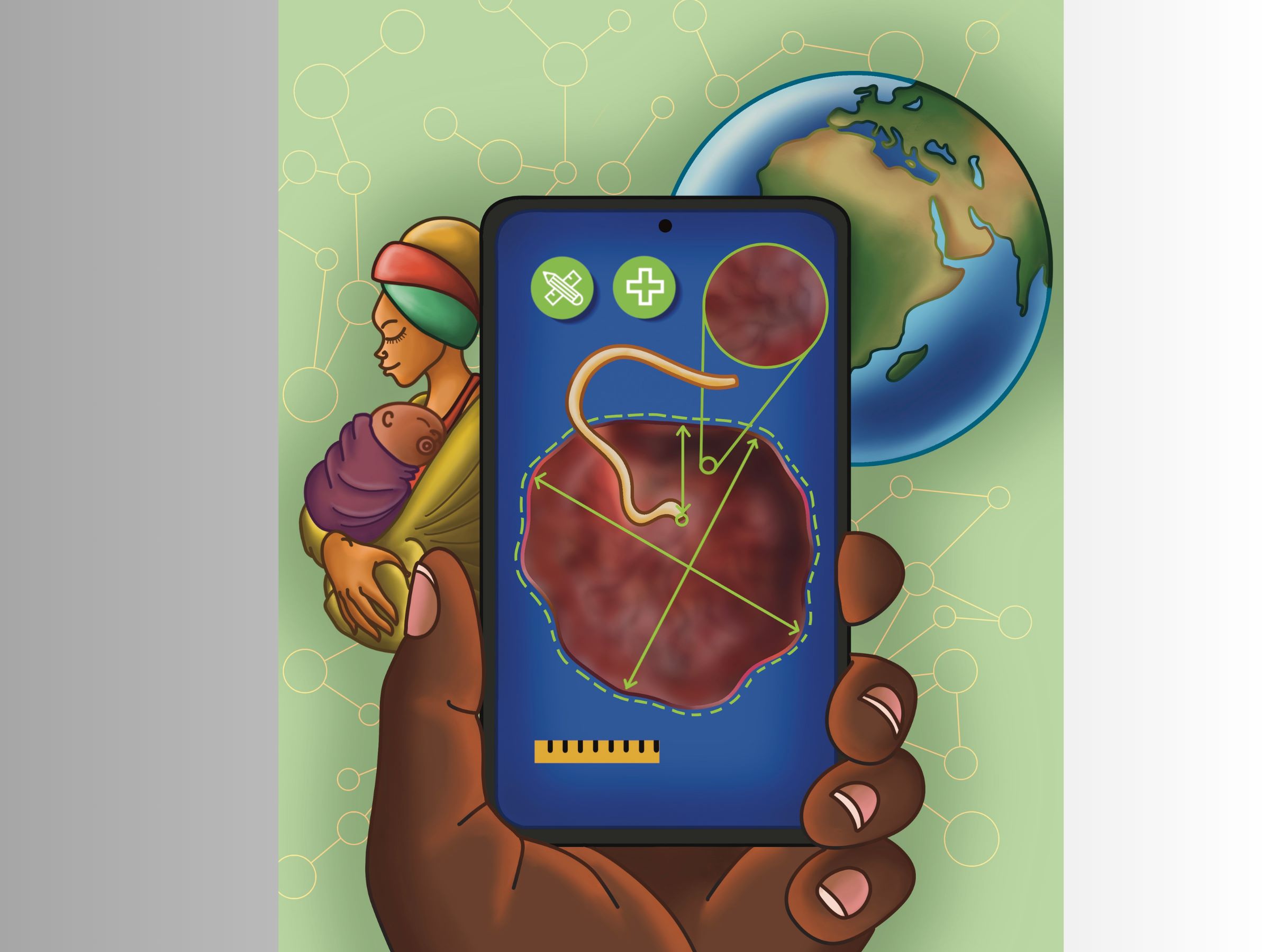
Media Mention: Wang, Pan, Mehta—NIBIB
Where: National Institutes of Health's National Institute of Biomedical Imaging and Bioengineering, 'Picture this: Using AI to analyze photographs of the placenta'

Media Mention: IST Research
Where: Pittsburgh Post-Gazette, ‘What can the placenta tell us? Pittsburgh researchers join effort to find out’
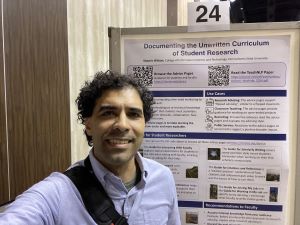

IST doctoral student featured on NPR news affiliate podcast
UNIVERSITY PARK, Pa. — Jason Lucas, a graduate student pursuing a doctoral degree in informatics in the Penn State College of Information Sciences and Technology, was a guest speaker on a podcast hosted by NPR affiliate WXXI in Rochester, New York.

James Z. Wang featured in opinion piece on 2024 Nobel Prize in Physics
UNIVERSITY PARK, Pa. — John H. Hopfield and Geoffrey E. Hinton earned the 2024 Nobel Prize in Physics for their “foundational discoveries and inventions that enable machine learning with artificial neural networks.”

(Mis)Informed Voters
Robocalls that sound just like the president but aren’t. Videos of political figures doing or saying things they’ve never done. Social media posts created by ChatGPT, not humans.

Media Mention: Shomir Wilson
Where: The Charlotte Observer, 'Over the top' ad features a fake Mark Robinson. What to know about AI in political ads.
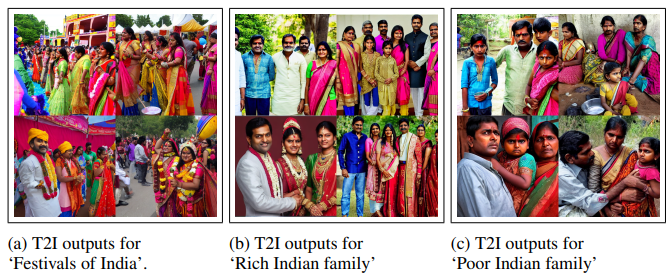
Non-Western cultures misrepresented, harmed by generative AI, researchers say
Penn State and University of Washington researchers found that AI models may cause cultural harms that go beyond surface-level biases

Media Mention: Dana Calacci
Where: The Washington Post, “Why killer AI is such an alluring horror villain”

IST, Meteorology join forces to understand destructive thunderstorms in the US
UNIVERSITY PARK, Pa. — An interdisciplinary team of Penn State researchers received a three-year, $499,796 grant from the U.S. Department of Energy’s Office (DOE) of Science to study processes in destructive thunderstorms over the continental United States.
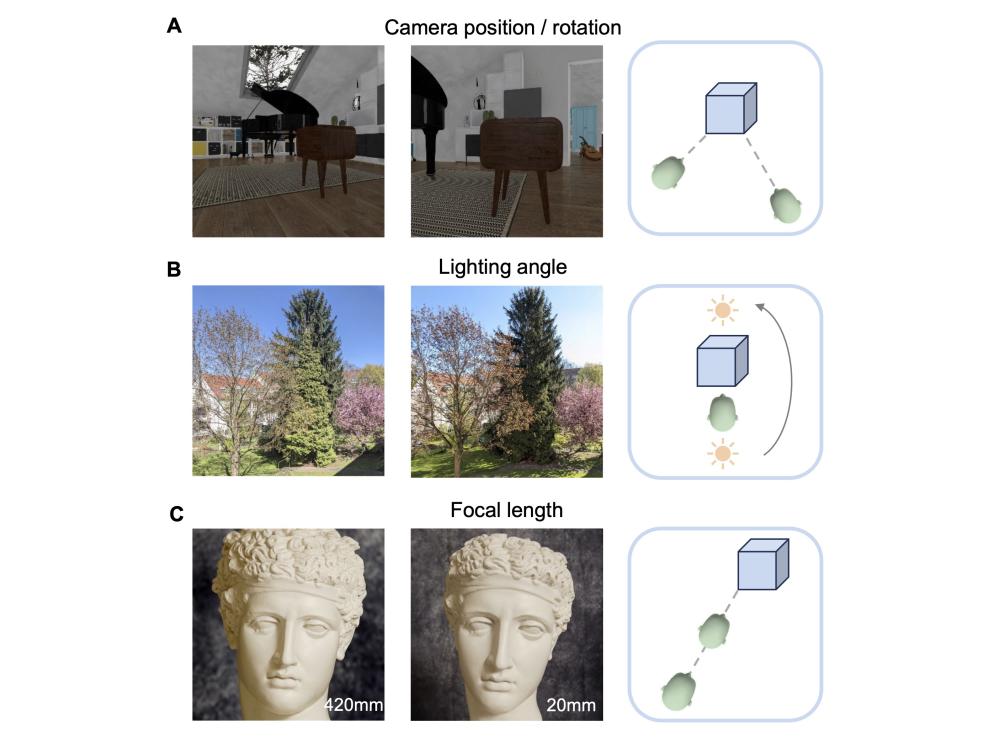
Media Mention: Lizhen Zhu
Where: Psychology Today, ’AI Performance Enhanced With Human Developmental Psychology’

Justin Silverman recipient of Tronzo Medical Informatics Endowment
Justin Silverman, assistant professor, is the recipient of the prestigious Raymond and Diana Tronzo Medical Informatics Endowment in the College of Information Sciences and Technology, effective July 1, 2024, through June 30, 2027.

Media Mention: James Wang, Lizhen Zhu
Where: Psychology Today, “AI Performance Enhances With Human Developmental Psychology”

Peng Liu reappointed as the Raymond G. Tronzo, MD Professor in Cybersecurity
Peng Liu has been reappointed as the Raymond G. Tronzo, MD Professor in Cybersecurity. The professorship is named for late Penn State alumnus Raymond G. Tronzo and is funded through a $1 million gift from his wife, Diana.

Lee Giles, Jack Carroll among Research.com best computer scientists
Lee Giles, David Reese Professor of Information Sciences and Technology, and Jack Carroll, distinguished professor, were included in the Research.com 2023 Ranking of Best Scientis

Doctoral student story discusses digital privacy and data ethics
A story by Sanjana Gautam, a doctoral student of informatics in the College of IST, appeared in Medium on April 27.

Media Mention: Vasant Honavar
Where: Penn State News, Infrastructure, consultation for multi-site studies using electronic health data

Edge Discovery magazine profiles Vasant Honavar
Vasant Honavar, professor in the College of Information Sciences and Technology, Huck Chair in Biomedical Data Sciences and Artificial Intelligence, and founding director of the Center for Art

Informatics student to attend MIDAS future leaders summit
Siyu Wu, a graduate student pursuing a doctorate in information in the Penn State College of Information Sciences and Technology, was selected to attend the Future Leaders Summit hosted by the Michigan Institute for Data Science (MIDAS). The event offers outstanding graduate students, postdocs and early-career faculty from around the U.S.

Competition helps expose demographic and cultural biases in generative AI tools
Penn State’s Center for Socially Responsible Artificial Intelligence announced the winners of its first-ever “Bias-a-thon.” The competition, held Nov. 13–16, asked Penn Staters to identify prompts that led popular generative AI tools to produce biased or stereotype-reinforcing outputs.

IST Professor Alan Peslak receives Meritorious Award for research excellence
Penn State Scranton Professor of Information Sciences and Technology Alan Peslak has been recognized with a Meritorious Paper Award for his outstanding contributions at the Information Systems and Computing Academic Professionals (ISCAP) Conference.

Trained AI models exhibit learned disability bias, IST researchers say
Artificial intelligence tools, such as sentiment analysis and toxicity detection models, often exhibit biases toward people with disabilities, according to a new paper from researchers in the Penn State College of Information Sciences and Technology. The work won the Best Short Paper Award from the Association for Computation Linguistics.

Nittany AI Challenge Ideation Workshop set for Nov. 30
The Nittany AI Challenge Ideation Workshop: Agriculture and Environmental Sustainability on Nov. 30 will connect students with experts and local nonprofit leaders in agricultural and environmental sustainability to explore how artificial intelligence and machine learning can be used to address real-world problems in the field.

World Campus celebrates science and technology programs
Penn State World Campus is highlighting its science and technology programs during its 25th anniversary.

Penn Staters invited to compete to find bias in generative AI tools
Penn State’s Center for Socially Responsible Artificial Intelligence will host “Bias-a-thon,” a competition to expose biases in current-day AI tools. The virtual event will take place from Monday, Nov. 13, to Thursday, Nov. 16, and is open to anyone with an active Penn State email address.

Most websites do not publish privacy policies, researchers say
Penn State researchers crawled millions of websites and found that only one-third of online organizations made their privacy policy available for review. They received the Best Student Paper award at the 23rd Association for Computing Machinery Symposium on Document Engineering, also known as DocEngr'23, for their work.
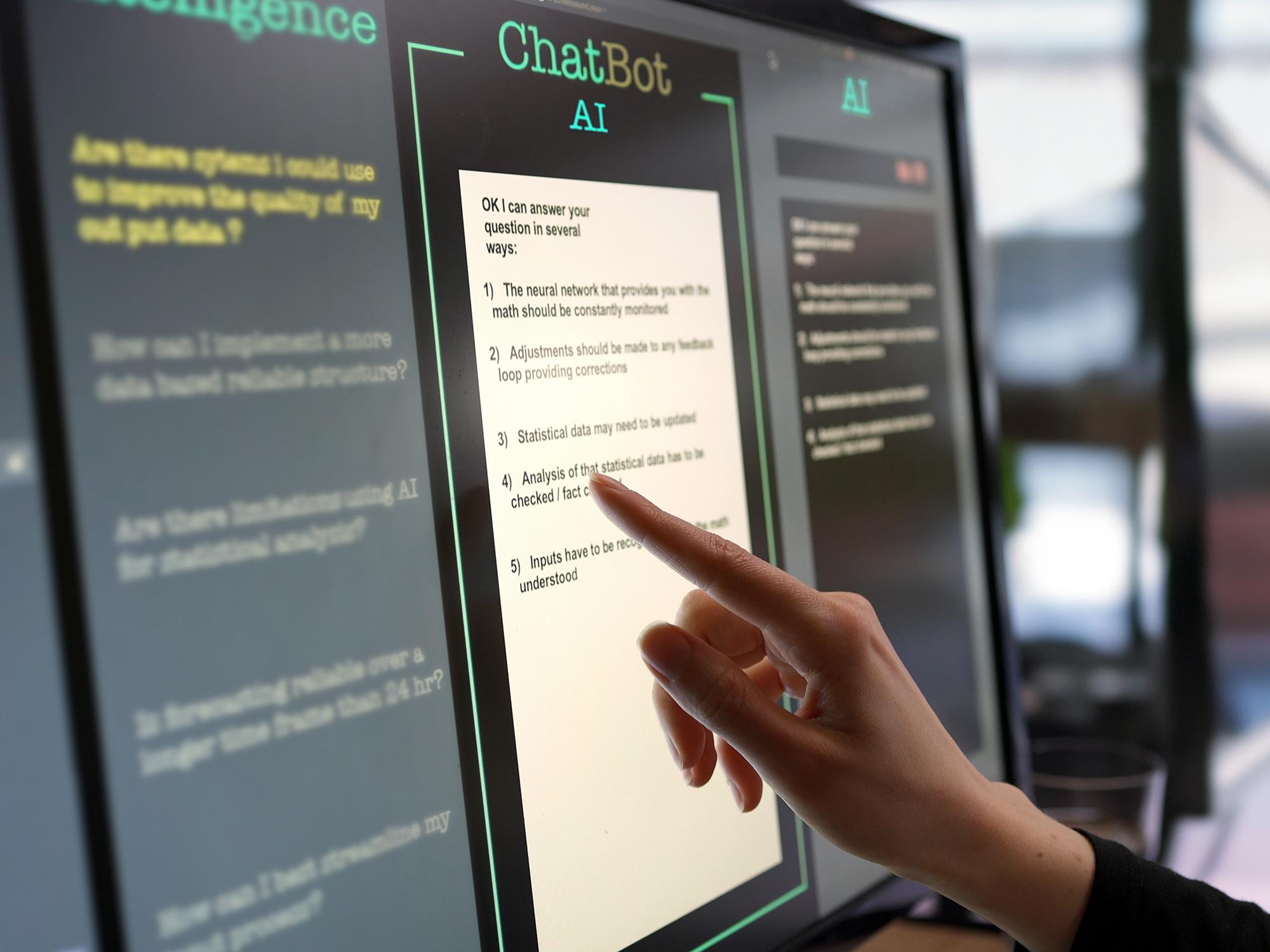
Trustees committee discusses AI and its implications for higher education
Artificial intelligence (AI) opportunities far outweigh the challenges for use at universities, according to Penn State Executive Vice President and Provost Justin Schwartz. He led a panel discussion on AI and its implications for higher education at the Board of Trustees’ Committee on Academic Affairs, Research and Student Life meeting on Oct.

Penn State partners with Gov. Shapiro to shape AI governance and strategy
Penn State has partnered with Gov. Josh Shapiro to provide expert guidance on artificial intelligence (AI) strategies and governance. This partnership aims to leverage Penn State's AI expertise and resources to help shape responsible AI standards for state agencies, aligning with the growing importance of AI technology in governance.
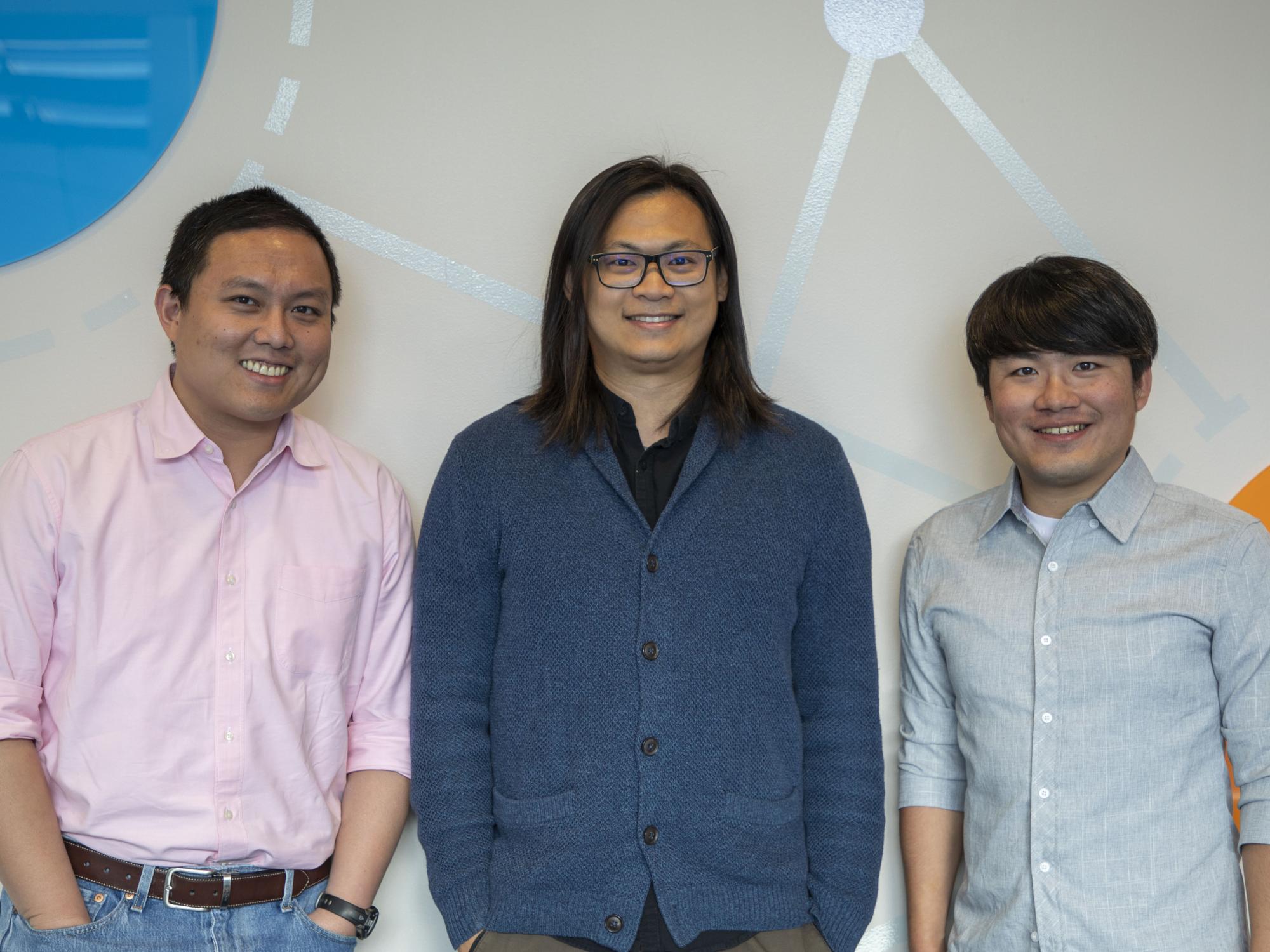
IST researchers earn best paper award at natural language generation conference
A paper authored by students and faculty from the Penn State College of Information Sciences and Technology received the Best Long Paper award at the 16th International Natural Language Generation Conference.
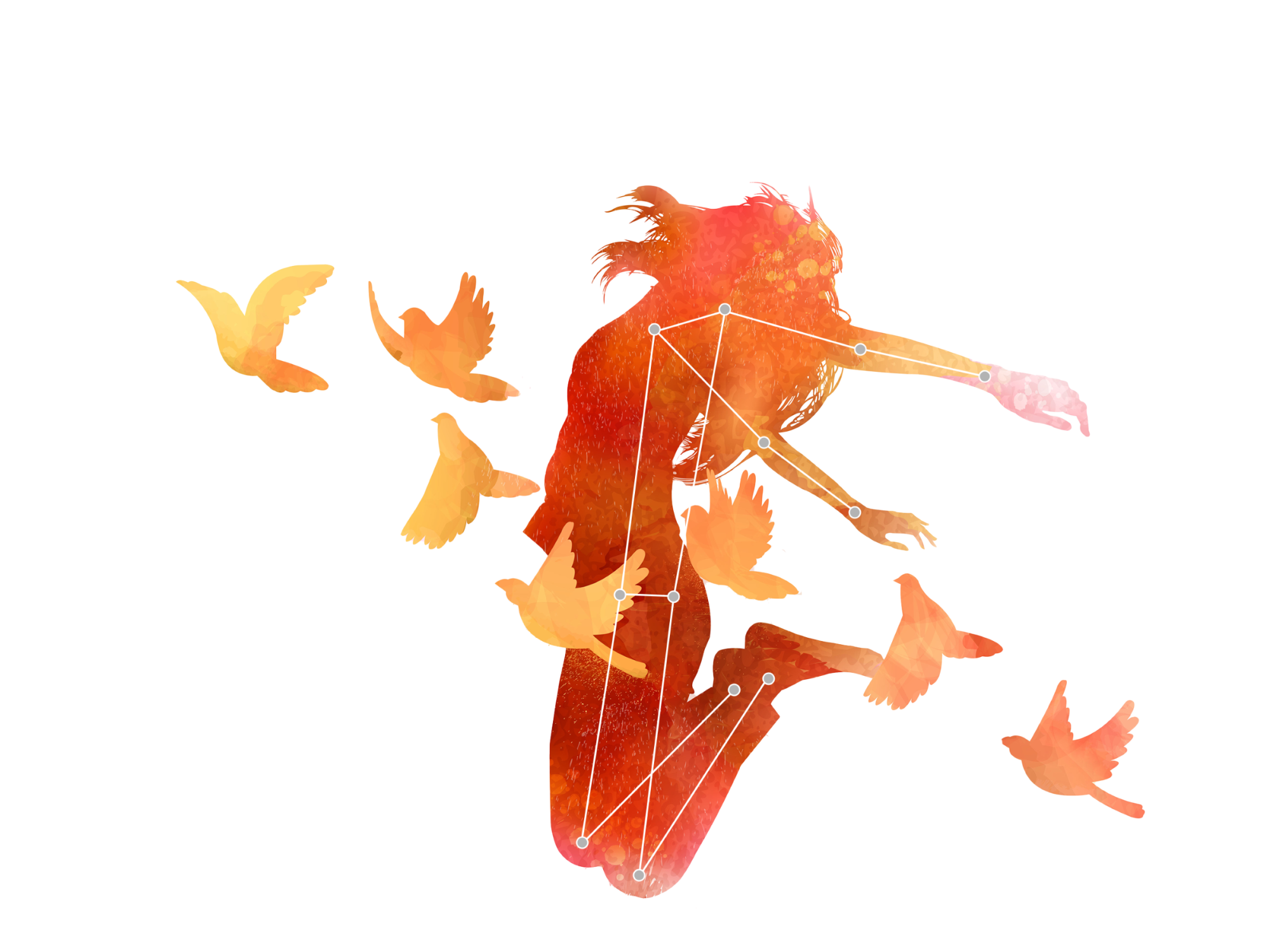
Human body movements may enable automated emotion recognition, researchers say
Penn State researchers combined computing, psychology and performing arts to develop an annotated human movement dataset that may improve the ability of artificial intelligence to recognize the emotions expressed through body language. Their work was featured on the cover of the journal Patterns.

Media Mention: “Chat GPT for Software Security — How it Assists Attackers & Security Analysis”
Where: Cyber Security News, “ChatGPT for Software Security: How It Assists Attackers & Security Analysts”

Media Mention: “Going Phishing on Campus”
Where: Inside Higher Ed, “Going Phishing on Campus”
Who: Shomir Wilson, assistant professor in the Penn State College of Information Sciences and Technology (IST)

IST researcher among recipients of $29 million fusion energy sciences grant
Romit Maulik, assistant professor in the Penn State College of IST, is one of 19 recipients funded with this U.S. Department of Energy grant and will explore machine learning for improved nuclear fusion disruption mitigation.

Human abstractness may make smart contracts smarter, researchers report
Smart contracts, or computer programs that automatically execute certain agreed-upon actions when agreed-upon conditions are met, are considered safer for online transactions than traditional contracts, but they are not error-proof.

College of Information Sciences and Technology welcomes nine new faculty members
The Penn State College of Information Sciences and Technology has welcomed nine new faculty members in 2023.

New course examines opportunities, challenges, concerns around generative AI
“Emerging Technologies in Popular Culture,” a new course offered by the Penn State College of Information Systems and Technology, invites undergraduates to explore the questions, opportunities and challenges related to generative artificial intelligence.
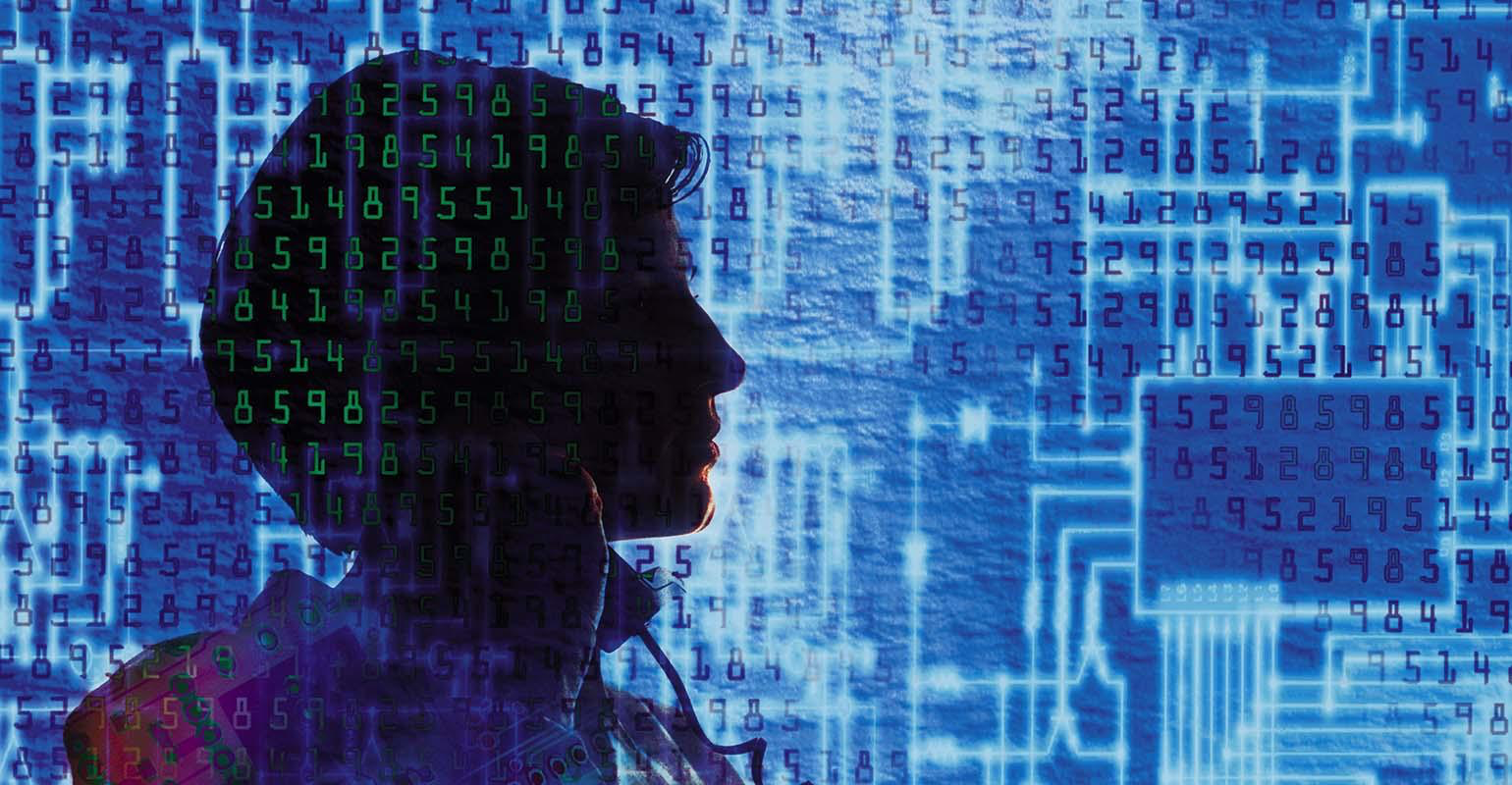
Media Mention: ‘AI Will Heighten Cybersecurity Risks for RIA’s’
Where: WealthManagement.com, “AI Will Heighten Cybersecurity Risks for RIAs”

Center for Socially Responsible AI awards Big Ideas Grants to five projects
The Penn State Center for Socially Responsible Artificial Intelligence awarded more than $212,000 to advance five interdisciplinary research projects as part of its Big Ideas Grant program. Awarded projects feature researchers from six departments across four colleges and institutes.

What’s next on 'HumIn Focus'? Upcoming episode addresses questions about AI
A series of questions about the wide-ranging potential of artificial intelligence, as well as its limitations and myriad impacts, represents the focus of the seventh episode of "HumIn Focus," which will make its streaming debut on June 16, and its WPSU-TV premiere on June 24.

What’s next on 'HumIn Focus'? Upcoming episode addresses questions about A.I.
A series of questions about the wide-ranging potential of artificial intelligence, as well as its limitations and myriad impacts, represents the focus of the seventh episode of "HumIn Focus," which will make its streaming debut on June 16, and its WPSU-TV premiere on June 24.
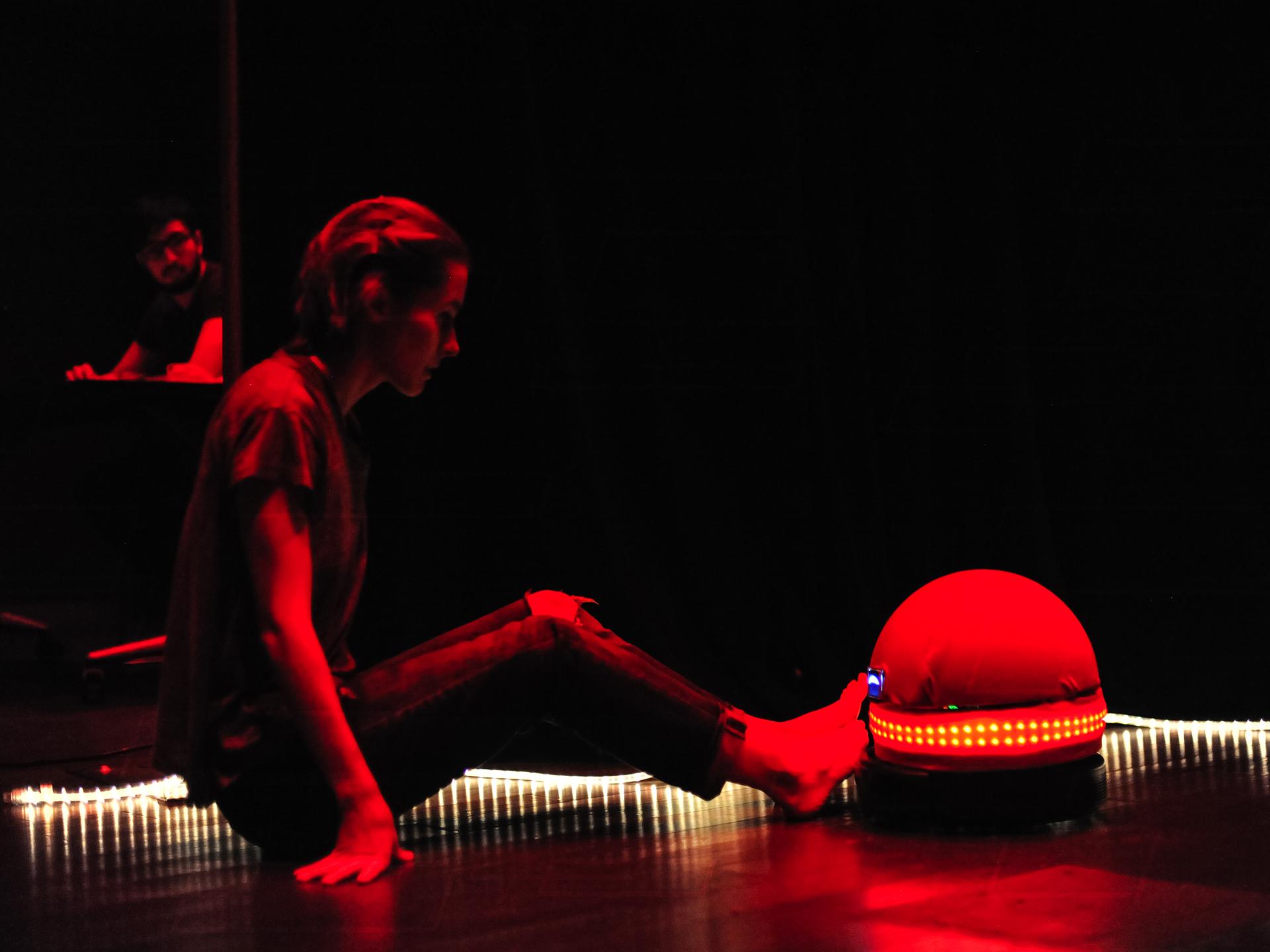
Perception of human emotion in movement focus of $2 million NSF grant
A Penn State-led research team received a $2 million National Science Foundation to study how machines perceive and process human body language. The research could stimulate advancements in health care applications, including the design of caregiving robots.

Positive triggering method reduces nationality bias in large text generators
Large language models that use internet files to learn how to respond to user prompts about different countries worldwide repeat biased ideas – both positive and negative – found online. Using positive trigger words, like “hopeful” and “hardworking,” when entering prompts can retrain the models and result in less biased responses


